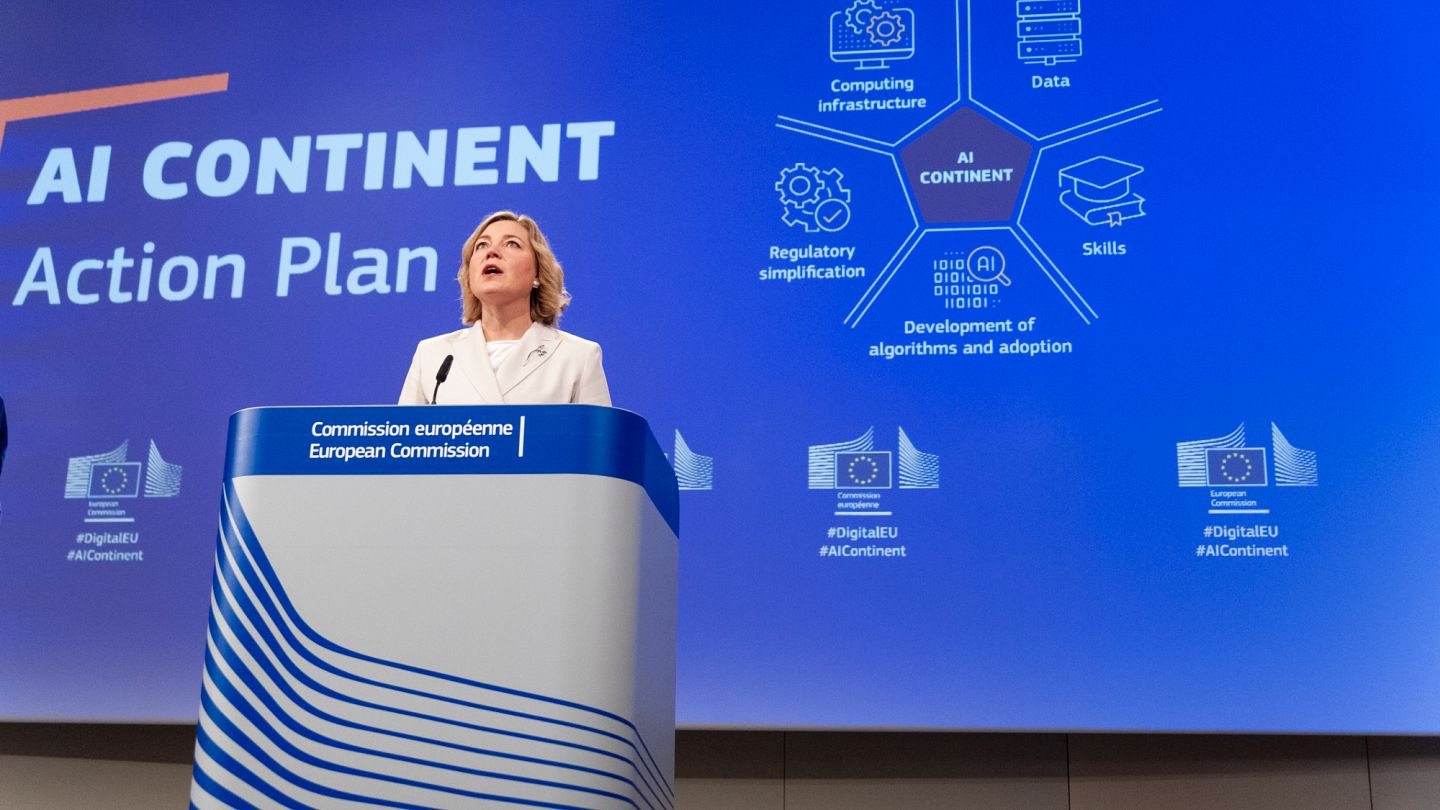The EU Technology Commissioner advocated for the removal of artificial intelligence accountability rules.
However, the members of the European Parliament are not in consensus on this issue.
Henna Virkkunen, the European Commissioner responsible for digital technologies, stated in her speech at the European Parliament's Legal Affairs Committee that the 'Artificial Intelligence Liability Directive', which anticipates that consumers can claim compensation for damages arising from artificial intelligence, will not create a uniform legal framework across Europe. Virkkunen said, “When there is a directive, member states implement the rules in different ways. I prefer more binding regulations that can be applied equally in each country to ensure the functionality of the single market.” The European Commission announced in its 2025 work program published in February that the directive had been withdrawn, citing the reason for this decision as the 'inability to reach a compromise in the near future.' The legislative proposal presented in 2022 aimed to provide consumers with a coherent compensation mechanism for damages caused by artificial intelligence products or services. However, there has been no significant progress on the file since then. Virkkunen stated, “We need to ensure the full implementation of the AI Act before introducing new rules. In recent years, we have presented numerous digital regulations as a Commission, and now it is time to simplify them. We must complete these processes before proposing something new.” However, the members of the European Parliament are not in consensus on this issue. The rapporteur of the Legal Affairs Committee (JURI) to which the directive is attached, German MEP Axel Voss (EPP-European People's Party), argued that work on the file should continue, stating, “Yes, simplification may be a trend, but responsibility rules are needed for the digital single market to function properly.” Another German MEP, Sergey Lagodinsky (Greens), expressed that he was 'seriously puzzled' about why the Commission withdrew the directive and noted that this decision could not be made without consulting the co-legislators. On the other hand, Kosma Złotowski (Poland/ECR) and Svenja Hahn (Germany/Renew Europe) from the Internal Market and Consumer Protection Committee (IMCO) supported the Commission’s decision. Złotowski had previously stated in a draft opinion that, “At this stage, the adoption of such a directive would be premature and unnecessary.” Hahn stated that the currently valid product liability laws and national legal systems provide consumers with sufficient opportunities to file lawsuits. While these discussions continue, civil society organizations and consumer rights groups also sent a letter to the Commission, indicating that there are serious gaps in the existing legal system regarding damages caused by artificial intelligence, and therefore a new legal framework is needed. The European Commission has until August to make its final decision on this matter.


